The Swedish champions lost 3-2 in the first leg of their play-off round match against Celtic last week after dealing a blow to the Scottish side with an incredible late comeback.
But the pressure from the almost 50,000 Celtic fans loudly cheering their home team from the stands at Parkhead proved to be too much for Malmö who did not make it all the way.
On Monday, the southern Swedish team was warming up for the second leg of the play-off round, this time facing Celtic on home turf. And its fans promised to exert their revenge.
“Forget everything we've done so far. We now set the bar for what can be achieved at a football stadium and together we create an atmosphere that will blow the Scots off the pitch,” read a message on Malmö FF's website from the club's supporters.
“We are the storm. And when the storm blows in we have to give everything,” it added.
Their words echo those of Malmö's coach Åge Hareide after the defeat in Glasgow.
“We will attack them at home and play our normal game and hopefully it will be enough. (…) Our fans have the habit of backing us fantastically at home. We will attack and we are up for it,” the Norwegian told a press conference on Wednesday.
READ ALSO: Malmö keep Champions League hopes alive
Malmö, who are looking to make the group stages for the second successive season after becoming the first Swedish club in the tournament for more than a decade last year, will not be phased by the challenge of overturning the deficit.
They came back from a 2-0 first-leg defeat to advance 3-2 against Red Bull Salzburg in the previous qualifying round.
But Celtic's coach Ronny Deila promised not to give the Swedish team an easy ride, saying that his side has learned its lessons from the previous match.
“We are very irritated with the last thing that happened in the game,” he told reporters on Monday, referring to Malmö's second away goal by Jo Inge Berget at Celtic Park last week. “But we have to move on and know that we are ahead and we are going to do this in Malmö.”
“We are one goal ahead and they have to beat us in Malmö. It was an okay result, but it could have been a better result.”
Celtic suffered heartache at this stage last season when they were eliminated 2-1 on aggregate by Slovenian side NK Maribor.
But the 1967 winners – the first British club to win the European Cup – believe they have a better chance of progress this time.
“Of course we can beat Malmö away. But they have to beat us, and that is a positive thing. They have to attack us and that can suit us,” added Deila.

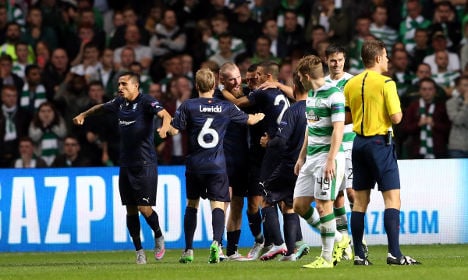
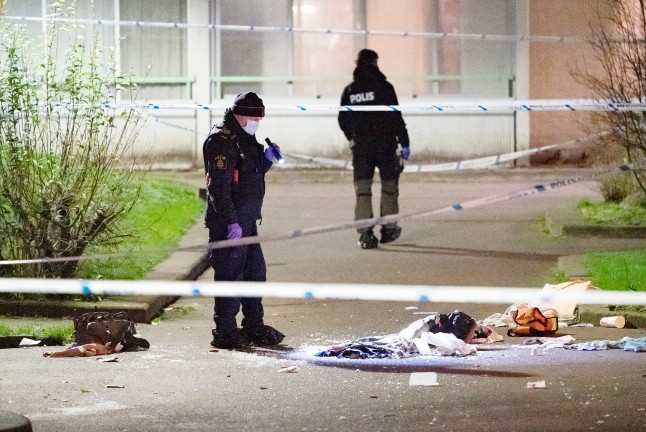
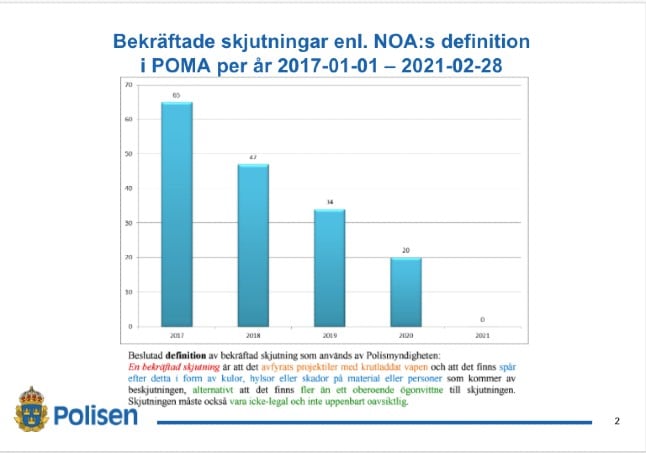
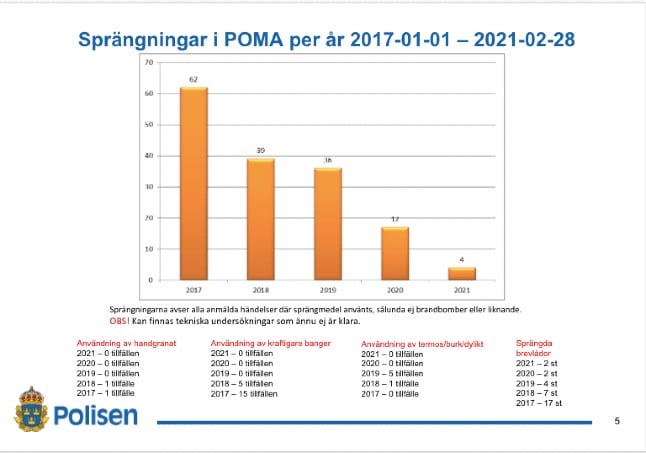
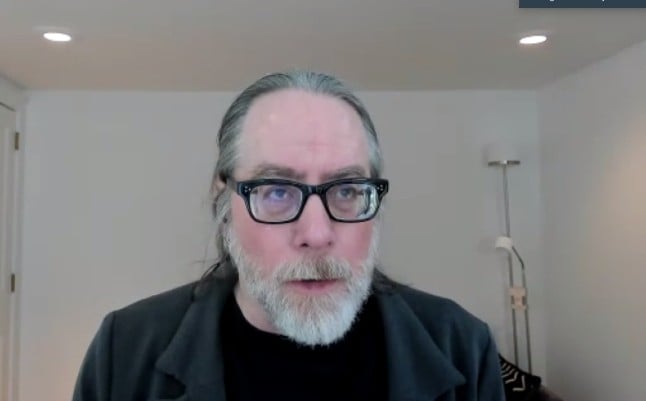
 Please whitelist us to continue reading.
Please whitelist us to continue reading.